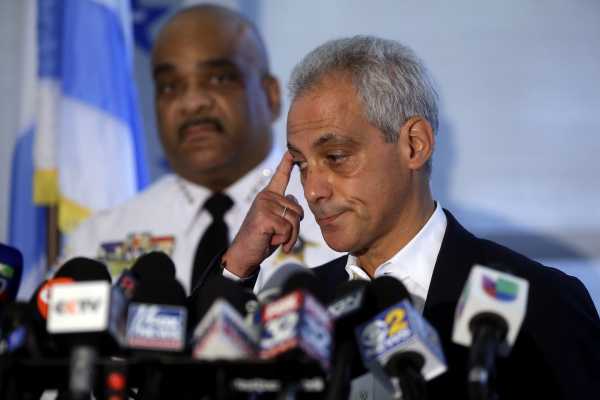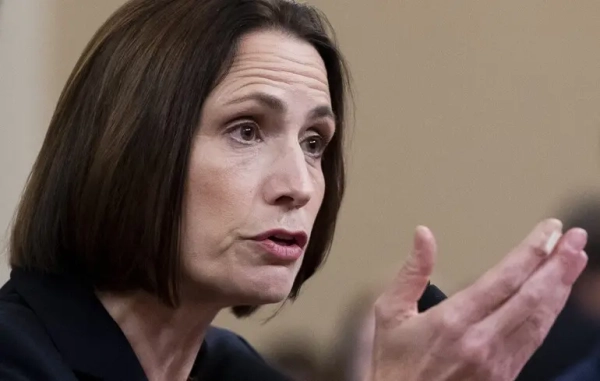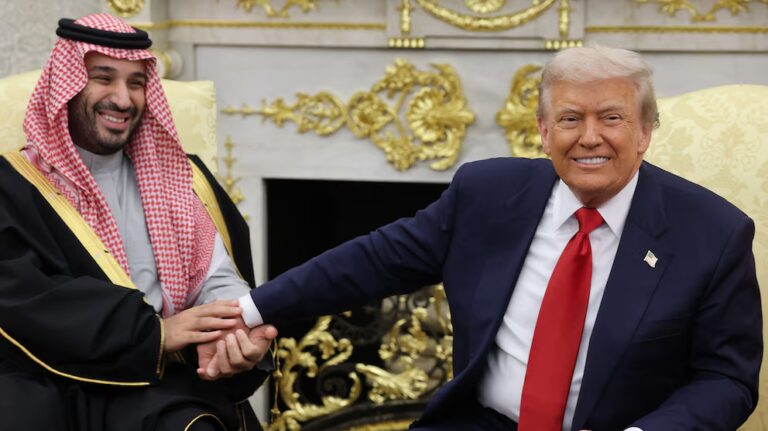 reelection bid” alt=”Chicago Mayor Rahm Emanuel’s disastrous handling of a police shooting tanked his reelection bid” />
reelection bid” alt=”Chicago Mayor Rahm Emanuel’s disastrous handling of a police shooting tanked his reelection bid” />
Chicago Mayor Rahm Emanuel announced on Tuesday that he will not run for a third term — a surprising decision that can be directly traced to Emanuel’s handling of a police shooting.
Emanuel had over the past year indicated that he would run for a third term, already raising more than $10 million for a reelection bid, according to the Chicago Tribune. But he had grown unpopular in Chicago, drawing at least 12 challengers for the election next year.
The primary cause: Emanuel and his office played key roles in delaying the release of video of the 2014 police shooting of Laquan McDonald, a black 17-year-old. The footage, which was released more than a year after the shooting, revealed that police had lied about what happened.
Instead of lunging at police, as officers said, the teenager appeared to stumble around and move away from the officers when he was shot. The video, autopsy, and other forensic evidence also indicated that the officer who shot McDonald did so for as long as 15 seconds straight, with most of the shots seemingly fired after McDonald fell to the ground.
The release of the video led to heavy protests — as the shooting became part of the broader Black Lives Matter movement, which protests racial disparities in policing and particularly police use of force. Much of the criticism fell on Emanuel and other city officials, who in court resisted calls to release the video earlier, citing an ongoing investigation. A judge forced the release of the video despite the mayor’s resistance.
The video led to an investigation of the Chicago Police Department by the US Department of Justice, then led by President Barack Obama and Attorney General Loretta Lynch. The subsequent report found that Chicago police often treat people in minority communities “as animals or subhuman,” resulting in widespread racial discrimination and excessive use of force. The report was a huge political blow for Emanuel (who was White House chief of staff under Obama): As mayor, he oversees the city’s police force.
The officer who shot McDonald, Jason Van Dyke, is now on trial over the shooting, facing first-degree murder charges.
Emanuel tried to recover in the aftermath of the video’s release and Justice Department report, naming a new police superintendent and carrying out some policing reforms, including the adoption of body cameras and new training. “Nothing less than complete and total reform of the system and the culture that it breeds will meet the standard we have set for ourselves as a city,” he told the City Council, according to the New York Times.
But the efforts were widely seen as too little, too late. As the Times noted, “Mr. Emanuel’s seven and a half years as Chicago mayor can be separated into periods: pre-Laquan and post-Laquan” — with the post-Laquan period marking a downturn for Emanuel as critics demanded his resignation for what they saw as a cover-up in the McDonald police shooting.
There were other problems as well. Gun violence was a big one — leading to big protests across Chicago last month, in which demonstrators demanded that Emanuel resign and other efforts be taken up to clean up the streets and provide new economic and education opportunities in the city’s worst-off neighborhoods. The Tribune also reported that Emanuel “had drawn the ire of some voters for record property taxes he instituted to shore up the city’s woefully underfunded police employee pensions and for closing 50 schools in 2013.”
So with a challenging election ahead of him next year, Emanuel decided not to run for another term.
Sourse: vox.com






